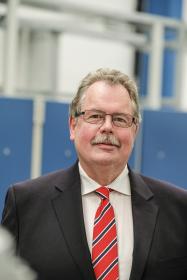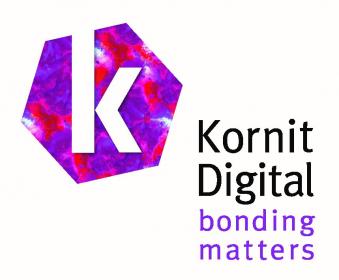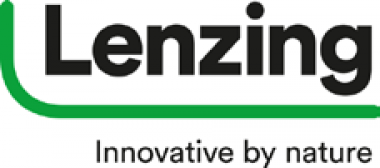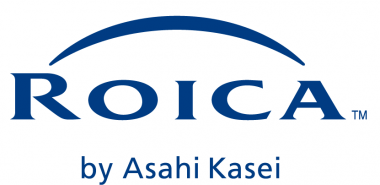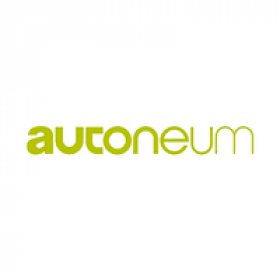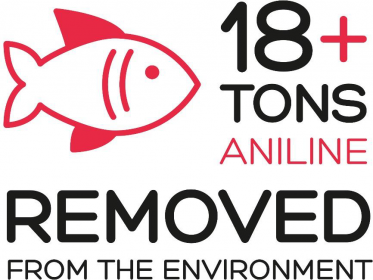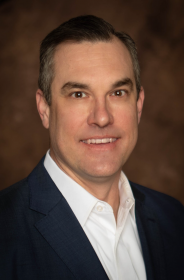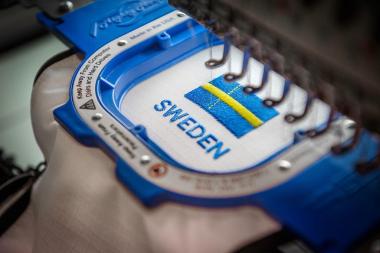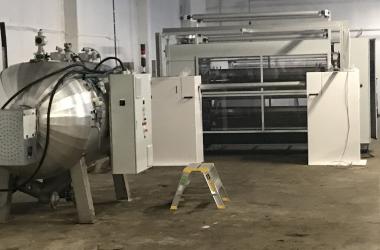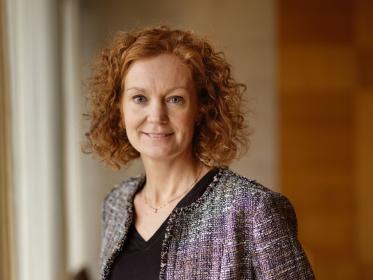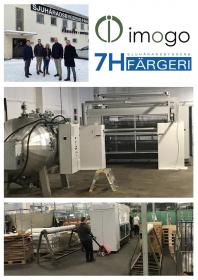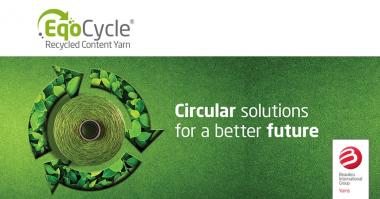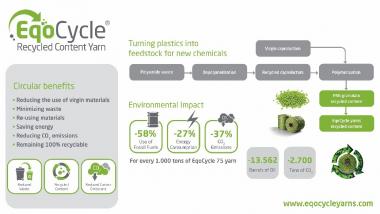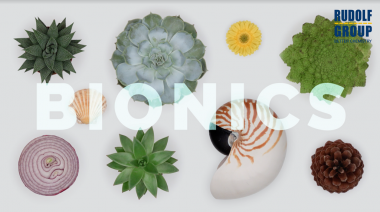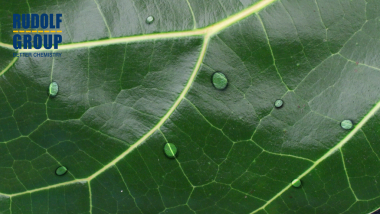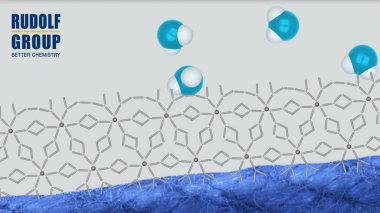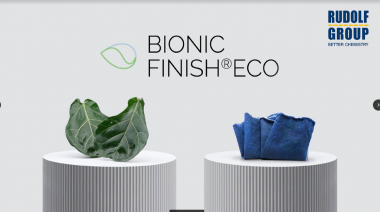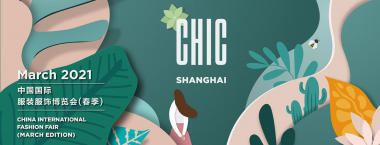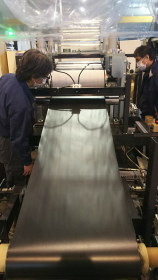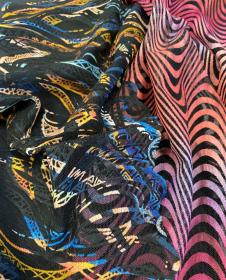Rieter at ITMA Asia + CITME 2021 in June 2021
Ensuring Competitiveness Through Technology
Rieter has doubled down on its R&D efforts since the onset of the pandemic to accelerate the development of its suite of intelligent and automated machines and systems so customers can manufacture yarns more profitably, efficiently and sustainably. This also empowers mill owners to respond flexibly to fast-changing markets.
- Ring spinning with G 38 and ROBOspin sets new standards in automation
- COMPACTapron takes yarn strength to new heights
- ESSENTIAL offers new features with smarter insights for better decisions
- ROBOdoff automates doffing to save time and money
- SSM’s new winder NEO-YW delivers more efficiency and sustainability
- Graf’s new cylinder wire and flats enhance lifetime and quality
Rieter Management AG





